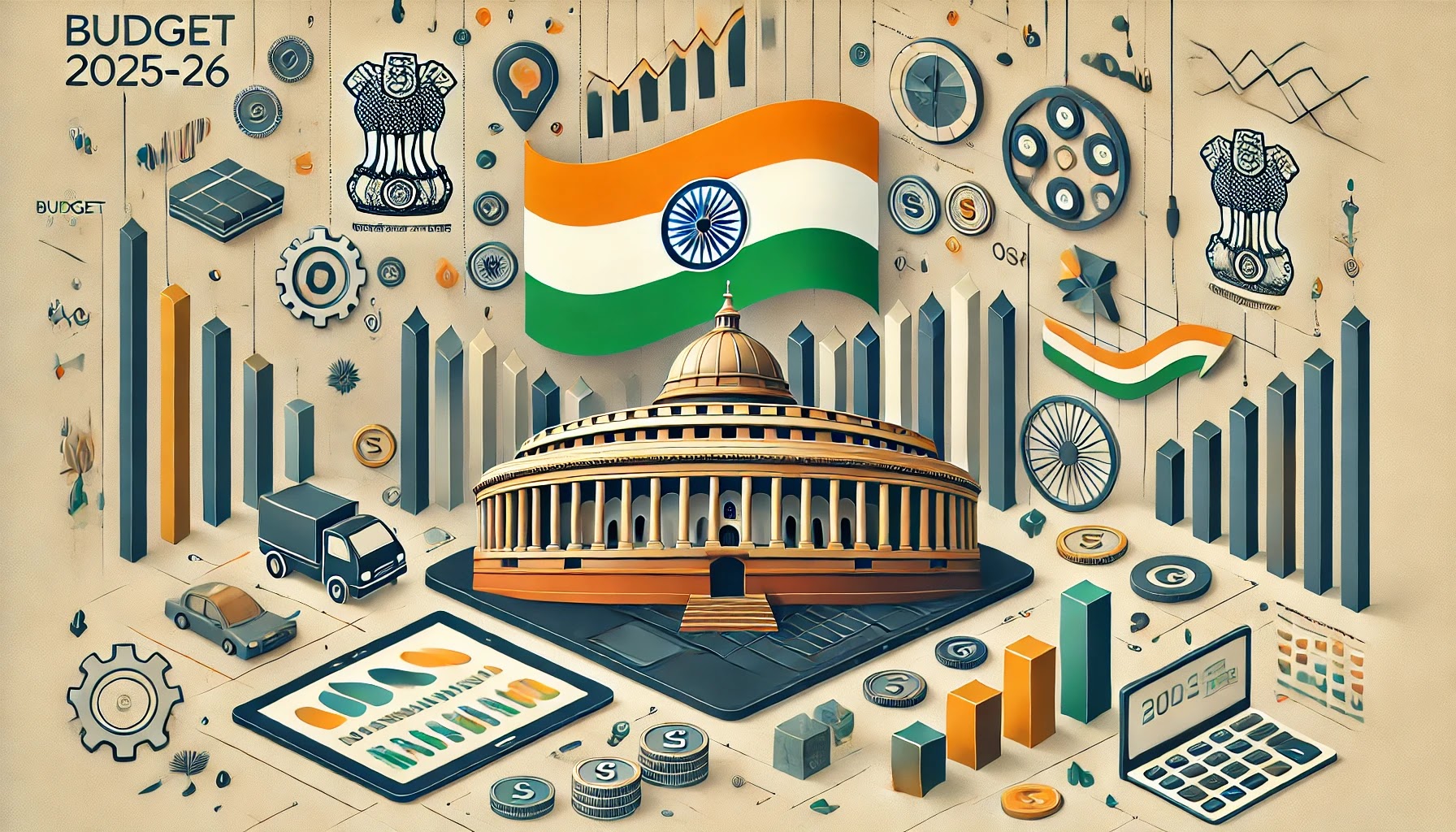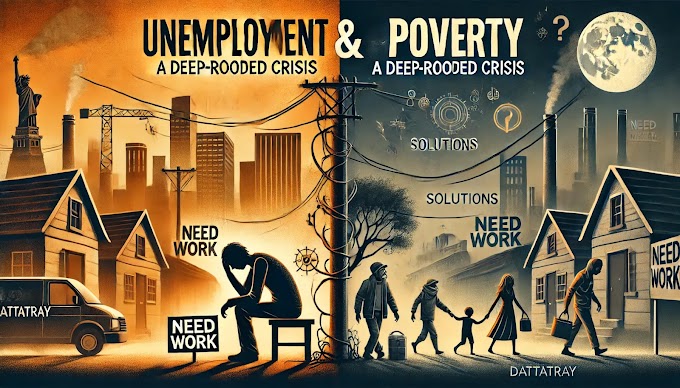The Rise of E-commerce: Transforming the Retail Landscape
Introduction:
The advent of the internet and technological advancements have revolutionised various aspects of our lives, including the way we shop. E-commerce, or online shopping, has experienced exponential growth over the past decade, fundamentally transforming the retail landscape. This article explores the rise of e-commerce, its impact on traditional retail, benefits for consumers and businesses, and the challenges it poses to the economy.
The Growth of E-commerce:
E-commerce has witnessed remarkable growth, with consumers increasingly opting for the convenience and accessibility it offers. According to recent statistics, global e-commerce sales surpassed $4 trillion in 2020, representing a significant share of total retail sales. This growth is driven by factors such as increased internet penetration, improved logistics, secure payment systems, and evolving consumer preferences.
Disruption of Traditional Retail:
The rise of e-commerce has disrupted the traditional retail sector. Brick-and-mortar stores are facing new challenges as consumers shift towards online shopping. Established retail giants are compelled to adapt their business models to incorporate digital channels and omnichannel strategies. Smaller retailers are also exploring e-commerce platforms to reach a wider customer base and remain competitive.
Benefits for Consumers:
E-commerce offers numerous benefits to consumers. First and foremost, it provides convenience by eliminating the need to physically visit stores. Online shopping enables consumers to browse a vast range of products, compare prices, and make purchases from the comfort of their homes. Additionally, e-commerce often offers lower prices, access to a broader selection, and personalised recommendations based on consumer preferences and behavior.
Advantages for Businesses:
E-commerce has opened up new opportunities and advantages for businesses. Online retailers can expand their reach beyond geographical boundaries, catering to customers globally. It allows businesses to reduce overhead costs associated with physical stores, such as rent, utilities, and staffing. Moreover, data analytics and digital marketing tools enable businesses to gain valuable insights into consumer behavior, optimize marketing strategies, and enhance customer experiences.
Challenges and Concerns:
While e-commerce presents immense potential, it also poses challenges to the economy. One significant concern is the impact on employment in the retail sector. As online shopping gains popularity, there is a potential displacement of jobs in physical stores. However, e-commerce also creates new job opportunities in areas such as logistics, digital marketing, and customer service.
Another challenge is the digital divide, where individuals with limited access to the internet or digital literacy may face barriers in participating in e-commerce. Addressing this divide is crucial to ensure inclusive economic growth.
Furthermore, the rapid growth of e-commerce brings regulatory challenges. Governments and policymakers are grappling with issues such as taxation, consumer protection, data privacy, and competition in the digital marketplace. Striking a balance between fostering innovation and ensuring fair competition remains a critical task.
Conclusion:
E-commerce has emerged as a game-changer, reshaping the retail landscape and consumer behavior. It offers convenience, affordability, and a vast selection of products to consumers worldwide. Businesses, both large and small, are adapting to the digital realm to stay competitive and tap into the immense potential of online retail.
However, e-commerce's rise is not without challenges. Ensuring equitable access, addressing employment concerns, and establishing appropriate regulations are essential for harnessing the benefits of e-commerce while mitigating its potential drawbacks.
As e-commerce continues to evolve, the retail sector must embrace digital transformation, enhance the customer experience, and develop innovative strategies to thrive in this new era of retail. By embracing the opportunities presented by e-commerce while addressing the associated challenges, we can create a more robust and inclusive economy in the digital age.
Thanks For Reading ( Have A Great Week :)
. . .
"Everything worth trying" :) - Thought
.png)







.png)

.png)

0 Comments